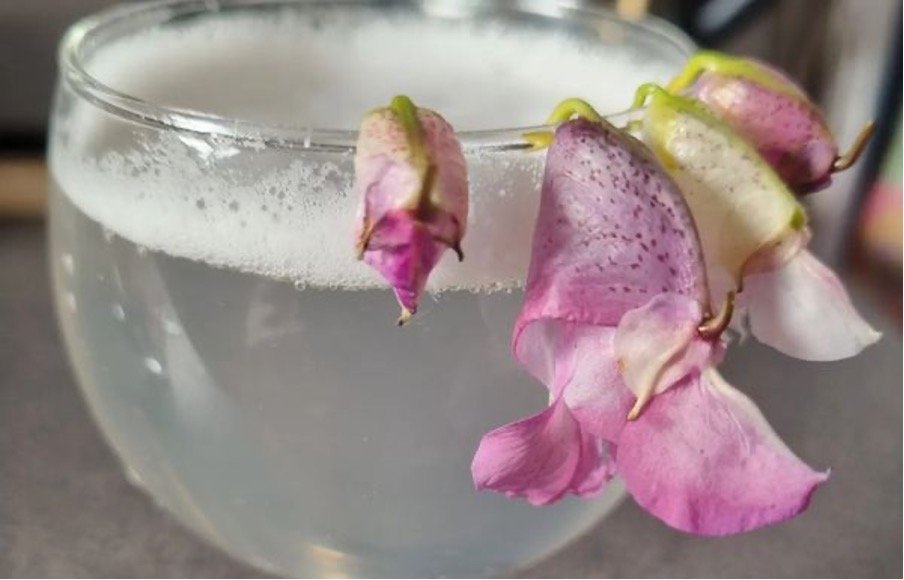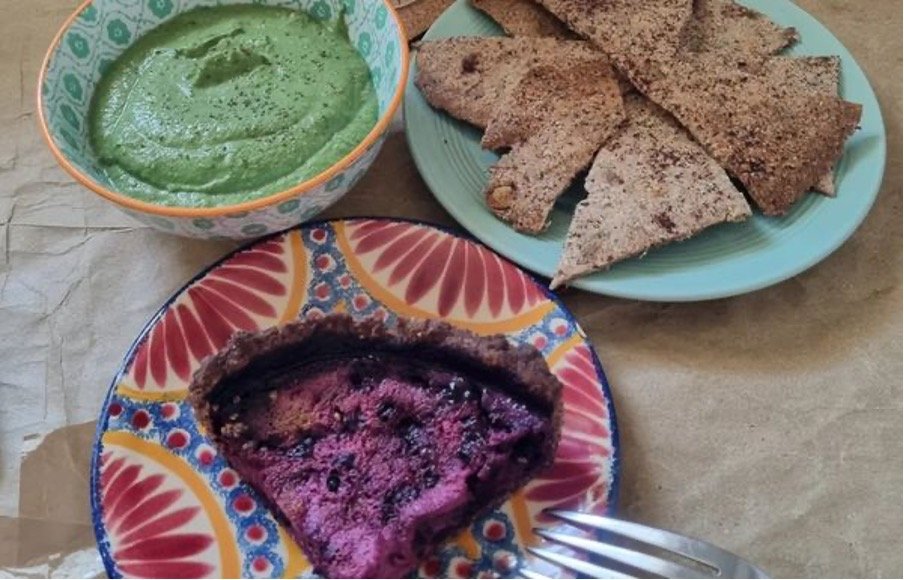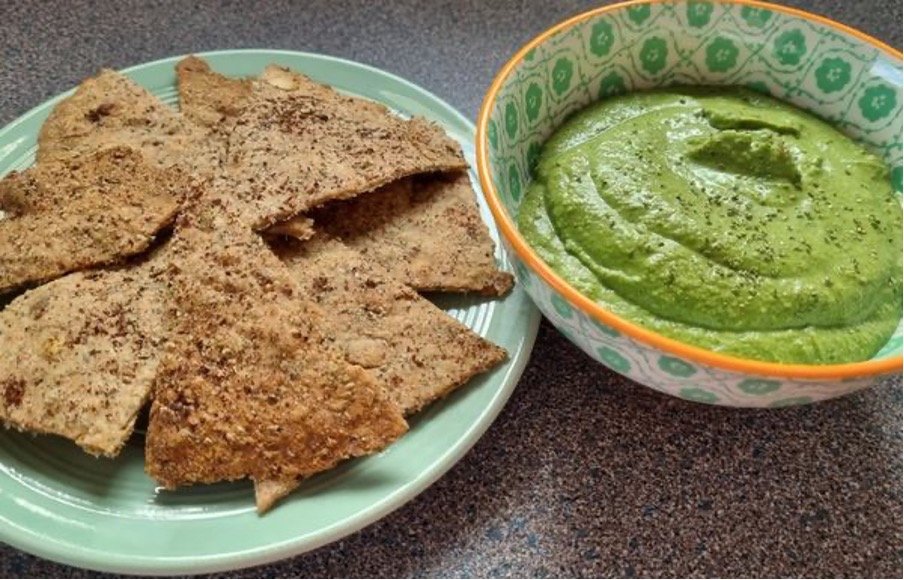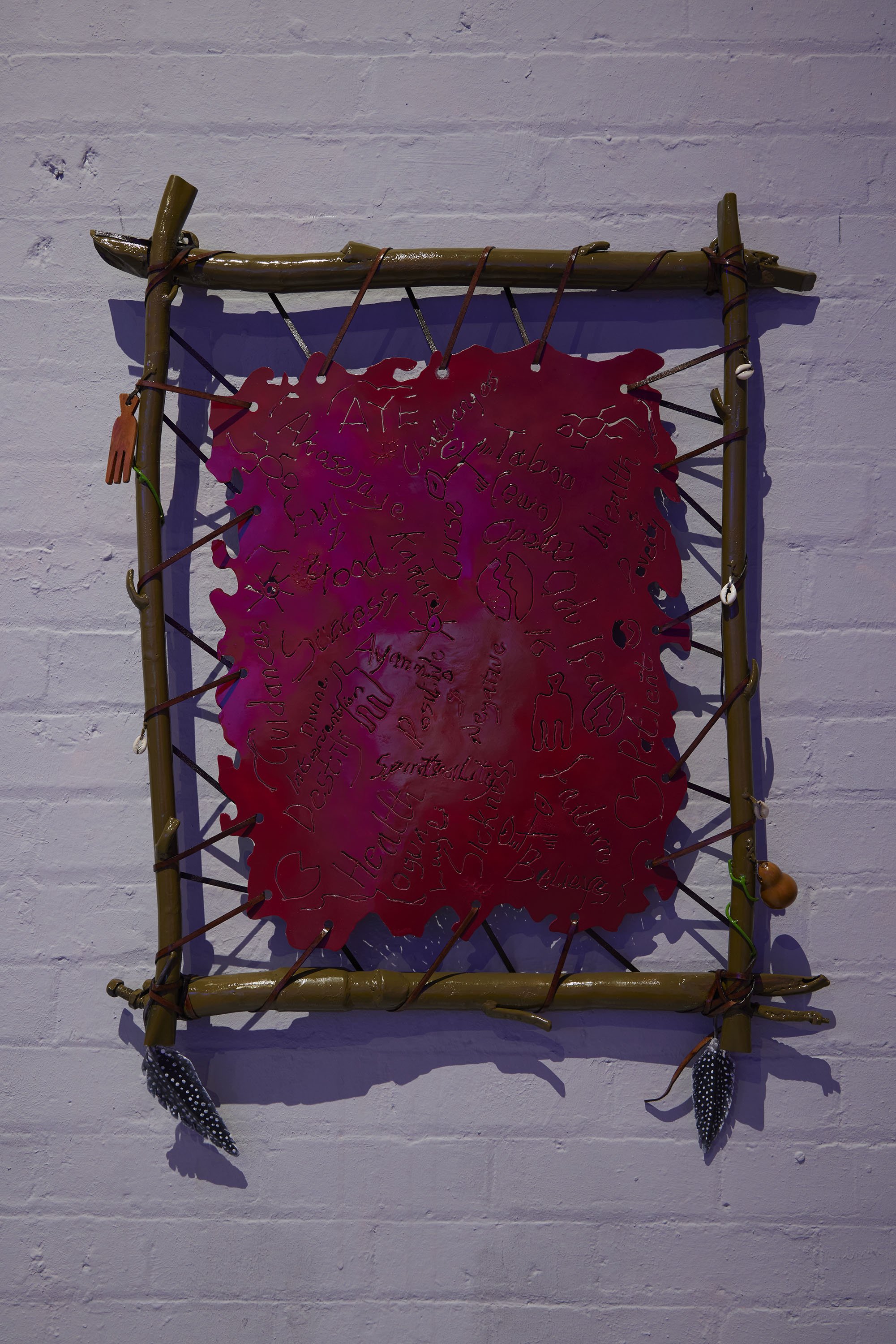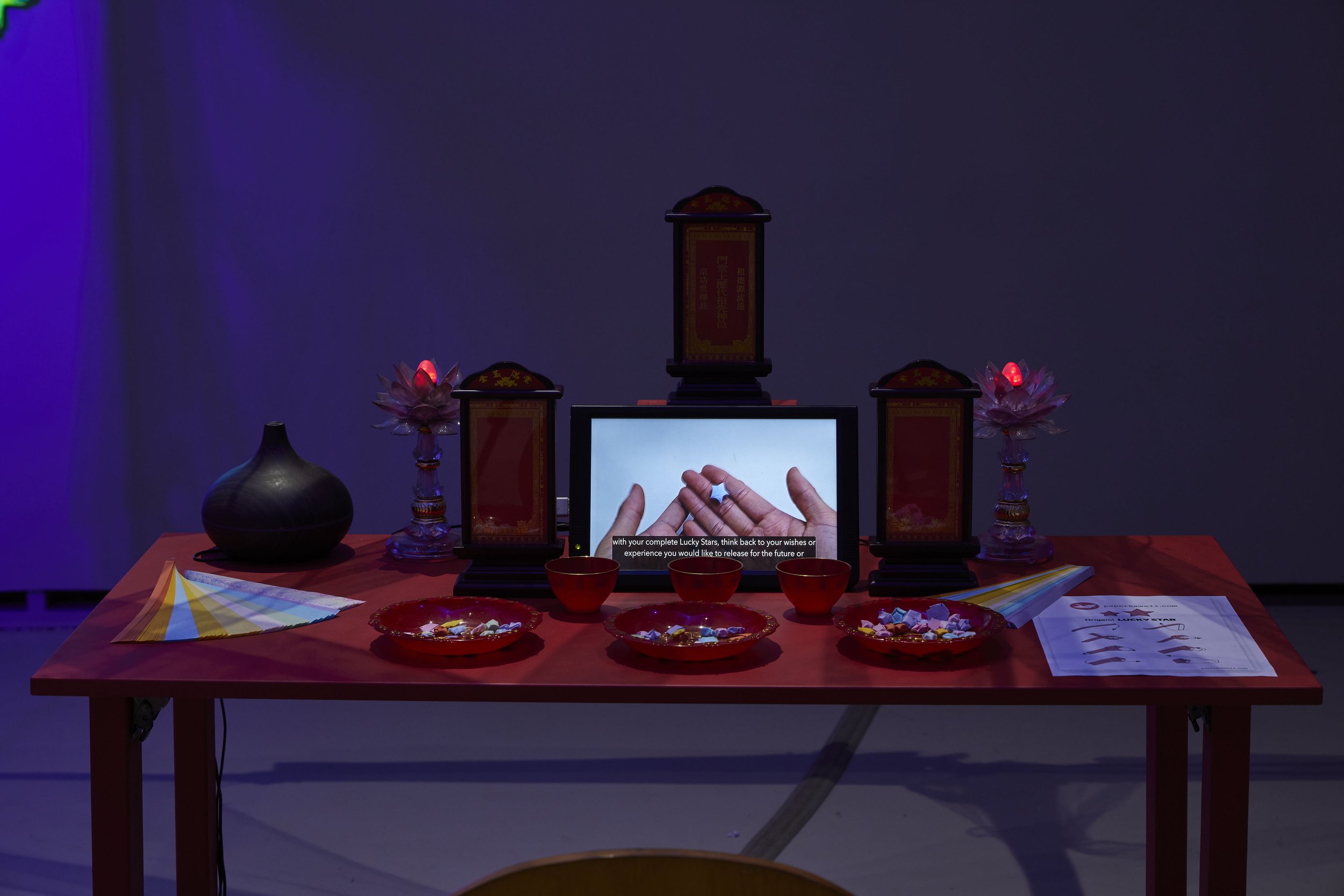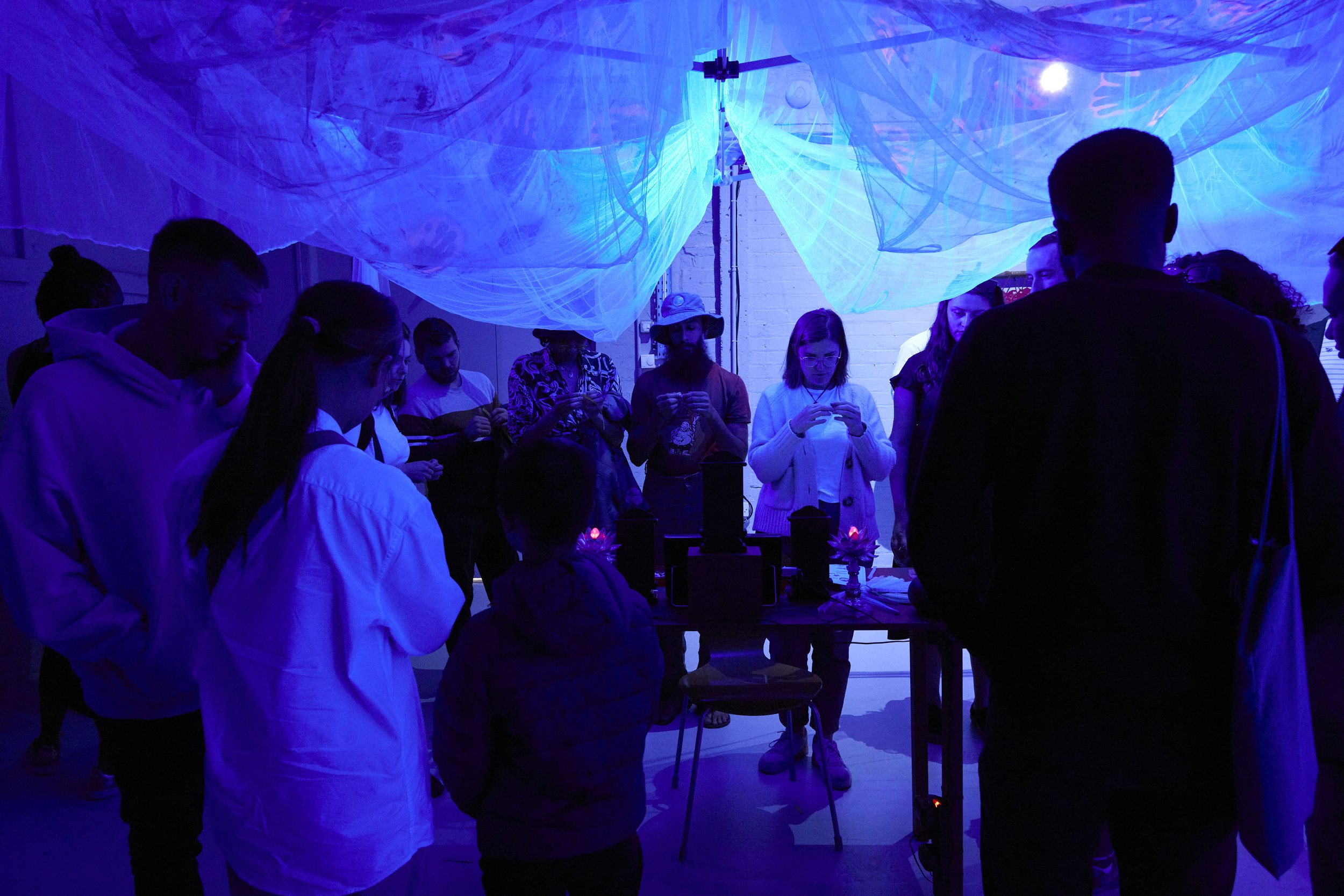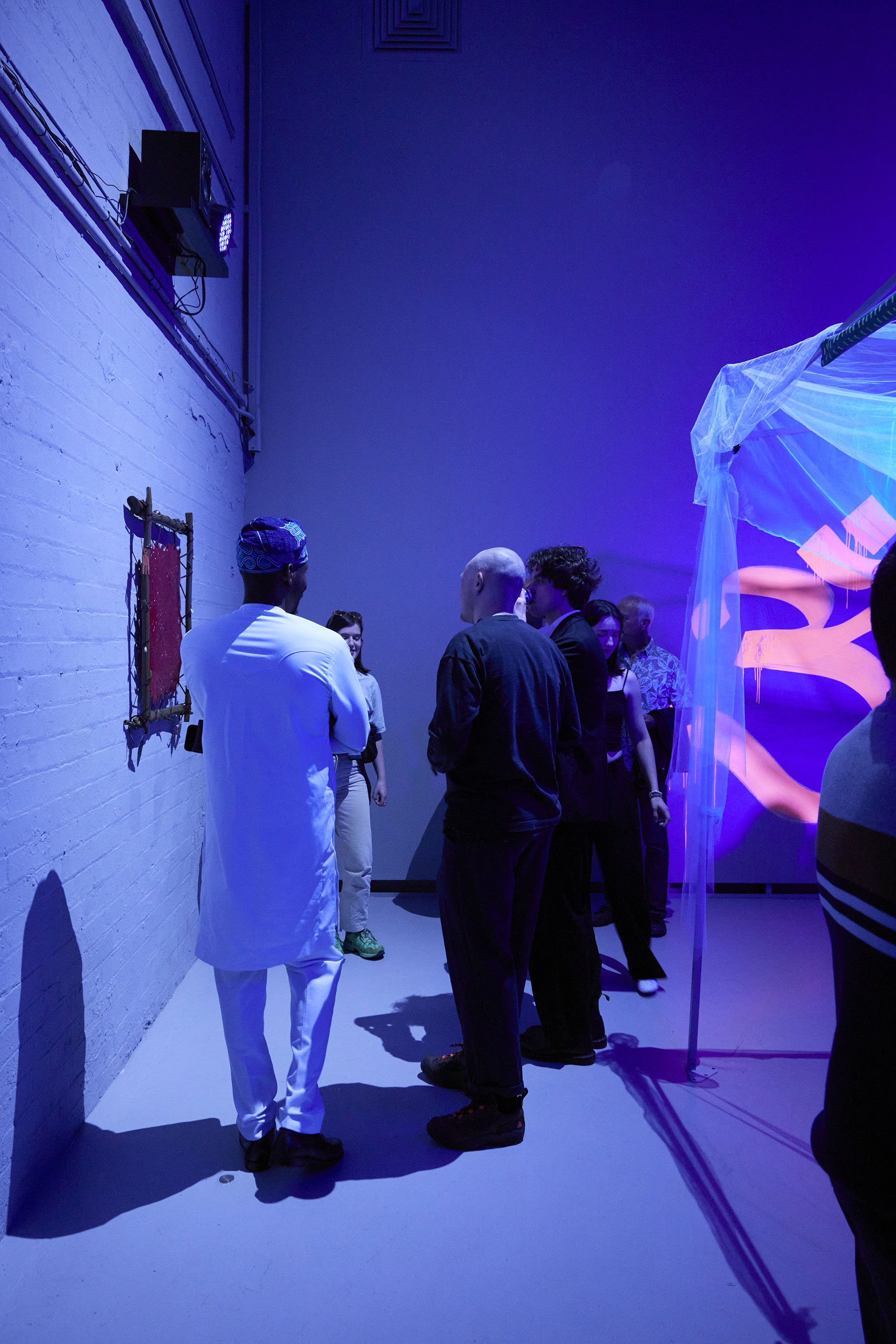For this issue, we asked what does a barrier mean to you? Is it a physical enclosure that keeps the bad, or you inside or divides you from another? Is it fear of the unknown, or just fear of letting go? Is it a notional space that stops you from moving forward, a glass ceiling, a social tradition, or a line that challenges your progress? As usual with the writer’s section, you have much more to talk about so as well as our theme for the month we have submissions with much more….
Our first piece is by artist Amanda Couch, here she is exploring foraging as practice, and explores some of the barriers that entails, be that from authorities, physical barriers or barriers of knowledge…
Amanda Couch (she/her)
instagram: @amandacouch_art & @reenchanting_the_commons
twitter: @amandajcouch
web: www.amandacouch.co.uk - currently down - please contact me for further information on any projects such as Books as Bodies and Extispicy in the Everyday. or go to UCARO (University for the Creative Arts Research Online)
blog: https://amandajcouch.wordpress.com
On the third Tuesday of each month, Amanda Holds a Zoom Commons Feast. Here she talks about the latest one…
I started the session with some reflections on bilberries, which I had been lucky enough to find already in early July, being one of the perfect wild foods to talk about the commons, land access and the enclosure of the commons. John Wright, in The Forager’s Calendar of 2020, points us to the story of file-maker, Benjamin Oates of Sheffield and the events that have been named the ‘Bradfield Bilberry War' or ‘Tyranny on the Moors’.
On Saturday 31 July 1848 Oates and his family went the 20 km on foot to Bradfield Dale to pick bilberries to sell, a practice that was essential to their financial security. Prior to Enclosure, in this patch of uncultivated ‘waste’ moorland, commoners had rights to forage and graze livestock and had collected bilberries for generations. During the Inclosure Acts, this bit of moor was enclosed, stolen from the commoners, for grouse shoots. Wright recalls, that “both the tenant and the [Bradfield Game] Association took a dim view of people trekking all over the grouse moor” so close to 12 August, the start of the grouse season, so drunk “ruffians” were sent to “see [the foragers] off. Blood was shed, Bilberries confiscated, Oates had his meager lunch taken off him and several of the Bilberry pickers ended up before the magistrate; most were fined, and at least one ended up in jail” (p. 218).
Unfortunately, the fate of the Oates family, known as the ‘Bradfield Martyrs’, as Wright states is just “one of the thousands of sad stories that accompanied the enclosure of the commons” (p. 217). This fencing off of common land has left us with “just 8 percent of England” “to adventure through” that are accessible via the Countryside and Rights of Way (CRoW) Act of 2000, as Nick Hayes writes in The Trespasser’s Companion, (2022, p. 10). Within this context, I opened up the floor to hear from others, asking what, if any, difficulties, challenges, or barriers to access they had experienced whilst foraging.
We talked of challenges that intersected with land access. One participant had three different types of linden/lime blossoms and bracts, a favourite tea since a memorable camping trip to the Cevennes in southern France, known as tilleul, where it was available to buy in markets in huge bags at this time of year. This year, they’d gathered from trees in London’s Regents Park as well as the grounds of Chequers, the country house of the Prime Minister, and so also had to navigate boundaries in a place that threatened arrest under the 2008 Counter-Terrorism Act!
Another participant had a different kind of access challenge being ‘slightly disabled’ and so they often forage in their garden as venturing further afield can often be difficult. They have been livening up salads with colour and extra nutrition with Red Orache, part of the Goosefoot family, Bladder Campion leaves and flowers, and calendula petals.
One forager, based in Italy, has already been picking apricots making their first batch of jam, as well as blackberries, and other berries for a cake. They mentioned their concerns about witnessing a decline in the abundance of blackberries especially, since the increase in temperatures over the last few years, and how they and other berries are shrinking in size due to a lack of water. A regular participant, who was unable to attend the meet-up, emailed to say that they had also been collecting linden flowers, as well as dock seeds, and pineapple weed which they have been using in a sleep tea with mugwort.
Everyone seemed to be excitedly looking forward to picking blackberries, as in the UK, they aren’t quite out yet, although I have found few already ripe in a bush in a secluded spot close to my garden, and our Italian participant is eagerly awaiting the ripening of figs. And others were looking forward to collecting fungi once again, Chanterelle, Ceps also known as Penny Bun, or Porcini, and Parasols. And the desire to collect cobnuts, beech nuts, and chestnuts are all on the horizon.
There won’t be a session next month, as I will be away, so the next meet up will be on Tues 19 September, 7-8pm. I can't wait to see what we'll find whilst traveling. If the weather allows, we will start in Brittany, so I’m hoping for some coastal greens and of course wild berries. The first time I really tasted ‘raspberry’ was a wild one, a few years ago on a hike in the Pyrenees. The flavour blew my mind!
Finally, returning to bilberries, unfortunately, one participant experienced entire bushes being stripped of berries, by what she suspected was commercial foraging, probably using a comb harvester, which sadly meant that she wasn’t able to collect a few herself. She also expressed an interest in looking for mushrooms in the New Forest in the coming weeks but is aware that there have been attempts at restrictions on such activities because of commercial foraging.
In England, it is not an offense to collect any plants or fungi growing wild for personal use, as still enshrined in The Theft Act of 1968, however, wherever you are foraging, make sure to check the local Bylaws, which may have restrictions, and can be found on park or borough websites, or signs at entrances. Follow the fours ‘F’s: flower, fruit, foliage and fungi, and if you do not own the land or have permission, don’t uproot a plant, and seaweeds have. Wild Food UK https://tinyurl.com/ywfrnrsf and The Woodland Trust https://tinyurl.com/2p9f7vrb have guidance, for example, and there are often good explanations or summaries of the relevant laws in most foraging books. Happy picking!
List of resources:
Roger Phillips (1981) Mushrooms and Other Fungi of Great Britain and Europe
Roger Phillips (1983) Trees in Britain, Europe and North America
Roger Phillips (1983) Wild Food
All Pan Macmillan
John Wright (2020) The Forager’s Calendar: Profile Books
Nick Hayes (2022) The Trespasser’s Companion: A field guide to reclaiming what is already ours: Bloomsbury
>>>>>>>>>>>>>>>>>>>>>>
Artist name. Simon Rees
Website www.simonrees.com
Social media links
https://www.facebook.com/SimonDavidRees/
https://www.instagram.com/reesyinthefridge/
https://twitter.com/Simon_D_Rees
Bio
Simon was born in Cardiff in Wales and has made his life in Ireland since 1996. A lifelong lover of reading poetry, Simon recently returned to the craft of writing poetry after a long absence. Current topics include domestic love and Simon’s experience of disability. Alongside his work as a poet, Simon keeps bees and is studying psychotherapy. His poem ‘Making the bed’ was published in the Irish magazine ‘The Storms’ in early 2023.
Simon lives in Dublin with his wife Eimear and their dog Juno.
Article/Essay Title
Disabled
Abstract
This poem records the experience of a poet with a minor disability when faced with the opportunity to describe themself as disabled and thereby gain advantage in a submission.
Artist name Mahalia Sobers
Website - https://www.linkedin.com/in/mahalia-sobers-992130226/
Social media links
@mahaliasobers & @mahalias_art_club
Bio
Mahalia Sobers is an artist, curator and writer based between Bristol and Birmingham. Recent achievements include curating Spring group show 'Exploring Black: The Expression of Art and Style'.
Article/Essay Title
GOD-POCKET: A World for Us and by Us
Abstract
I speak to exhibiting artists Trixiebella Suen and Yusuf Dongo about ongoing group show GOD-POCKET, and how they use their respective inspirations, cultures, styles, and practices to build inclusive futures for marginalised groups. For those in Britain who face disadvantages because of their Otherness; there is an opportunity to build a future that is inclusive to all, where nobody is left behind in the journey to new beginnings.
GOD-POCKET: A World for Us and by Us
Mahalia Sobers
For those in communities not widely accepted in Britain; who face disadvantages because of their inability to fit into traditional moulds; there is an opportunity to build a future that is inclusive to all, where nobody is left behind in the journey to new beginnings.
GOD-POCKET, showcasing at Eastside Projects (Birmingham) until Saturday 15 July, is a continuation of curator Jaz Morrison’s exploration into self-actualisation expressed through art. Her passion is to create spaces for those who have been marginalised, particularly those historically excluded from creative environments. Jaz rejects the notion that those who are viewed as ‘different’ should be exiled. Through her curation, she encourages the gathering of Otherness to create new, powerful relationships.
Exhibiting artists Trixiebella Suen, Tesha Murrain-Hernandez, Neoliberalizard, and Yusuf Dongo, each bring intimate perspectives and processes to the conversation. Their work ranges from cowrie-covered Yoruba sculpture, Taoist-inspired sensory installation work, an Afro-spiritualist guided meditation, and Desi UV graffiti. These cultures, often in the periphery of the western imagination, are brought into the foreground, ensuring the journey of identity, spirituality, and ability is one that honours our many histories.
Prior to GOD-POCKET opening, I was able to speak to Yusuf Dongo about his exhibiting work Inscription Mirror, which takes inspiration from Yoruba divination mirrors. Describing himself as an ‘upcycling artist’, Yusuf questions value systems around both objects and ideas, often utilising discarded metal to create detailed sculptures. Yusuf’s process for the show involved a lot of time collecting scrap materials, fabricating in his studio, and tapping in and out of ongoing collaborative conversations with the curator and artists. He shared with me his determination to educate people about his own culture, exploring political and folkloric narratives, as well as shared histories between West Africa and the Caribbean. Yusuf explained how spiritual practitioners called Babalawos would consult deities called Ifa using divination mirrors to help prepare newborns for the future. With this as his foundation, he questioned how history can affect a displaced person’s future – noting that while displacement is often seen as a Caribbean discussion in the UK, Africans have experienced physical and spiritual displacement too. Inscription Mirror pays homage to the Yoruba, while taking back power from domineering colonial narratives about African spiritualities. It invites those displaced from the African continent to find guidance in the GOD-POCKET.
A significant idea that Jaz explores within GOD-POCKET is how newer communities in Britain, such as the growing Black British population, can create a more progressive environment by evolving our cultures. Jaz’s emphasis on ensuring the exhibition was accessible to disabled audiences, and had ‘sites of cultural familiarity’ stressed the importance of inviting all Othered people to gather. This intention highlights the risk of being passive: a future informed by the
white capitalistic culture that already engulfs Britain. Through people making the conscious choice to be more inclusive, there will be a future where everybody has the opportunity to thrive.
In briefly interviewing Trixiebella Suen, I found that she strives for this inclusion within her work. She stated her intentions of creating art that breaks down the physical boundaries posed to disabled and neurodivergent audiences – historically, art has not strived to adapt itself for these communities. Therefore, through the use of a sensory design that incorporates elements of touch and smell, more people are able to partake and engage. Trixiebella’s exhibiting work, Unleashed is a sensory altar, complete with its own scent, cultural visual elements, and a tactile activity of creating origami Lucky Stars. Unleashed offers connotations of freedom and choice, both in name and engagement. Trixiebella also uses her spiritually-grounded background in Taoism to underpin her art, encouraging new relations between us and the objects around us to ask questions about how to live, and whether better alternatives can be found or formed. The sensory altar has a digital screen nestled in-between two red Singaporean tablets, showing visitors how to create the Stars; and encouraging them to release past experiences they wish to move on from or release wishes they have for the future. ‘In Taoism, which Unleashed is based on, it’s normal for people to pay respects to their ancestors and the dead in a specific way. Tablets are normally placed in temples or places of offering, containing poetic texts on respecting ancestors and taking care of them after their death,’ Trixiebella said. Here, she offers guests the opportunity to leave their dead at the altar – erased histories, displaced lineages, broken family ties and friendships, redundant beliefs and practices, and more, placing the Lucky Stars in the allotted bowls to offload their baggage.
GOD POCKET brings to light many issues that are facing us in the modern day, seeking not to provide the answers, but to inspire people to ask questions about their own behaviours and outlooks on our history, present, and future. You are invited into the GOD-POCKET, available at Eastside Projects, Birmingham until Saturday 15th July.
For more information visit: https://eastsideprojects.org/projects/god-pocket/.
>>>>>>>>>>>>>>>>>>>



